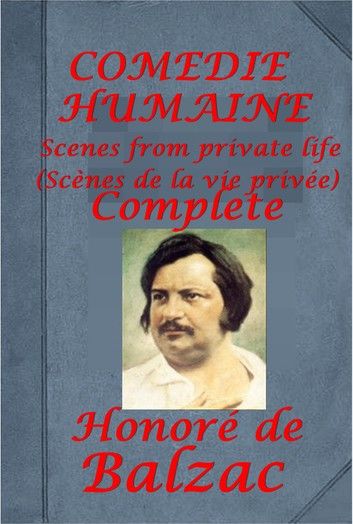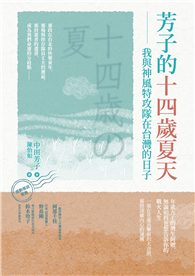| FindBook |
有 1 項符合
Complete COMEDIE HUMAINE Scenes From Private Life Anthologies的圖書 |
 |
Complete COMEDIE HUMAINE Scenes From Private Life Anthologies 作者:HONORÉ DE BALZAC,Honore De Balzac 出版社:AGEB Publishing 出版日期:2014-03-12 語言:英文 |
| 圖書館借閱 |
| 國家圖書館 | 全國圖書書目資訊網 | 國立公共資訊圖書館 | 電子書服務平台 | MetaCat 跨館整合查詢 |
| 臺北市立圖書館 | 新北市立圖書館 | 基隆市公共圖書館 | 桃園市立圖書館 | 新竹縣公共圖書館 |
| 苗栗縣立圖書館 | 臺中市立圖書館 | 彰化縣公共圖書館 | 南投縣文化局 | 雲林縣公共圖書館 |
| 嘉義縣圖書館 | 臺南市立圖書館 | 高雄市立圖書館 | 屏東縣公共圖書館 | 宜蘭縣公共圖書館 |
| 花蓮縣文化局 | 臺東縣文化處 |
|
|
Nineteenth-century French novelist, one of the creators of Realism in literature. His Human Comedy (La Comédie humaine), spanning more than 90 novels and short stories, is a broad, often satirical panorama of French society, particularly the petite bourgeoisie, in the years after the fall of Napoléon Bonaparte.
Along with Gustave Flaubert (whose work he influenced), Balzac is generally regarded as a founding father of realism in European literature. Balzac's novels, most of which are farcical comedies, feature a large cast of well-defined characters, and descriptions in exquisite detail of the scene of action.
Contents
At the Sign of the Cat and Racket (La Maison du Chat-qui Pelote)
The Ball at Sceaux (Le Bal de Sceaux)
The Purse (La Bourse)
Vendetta (La Vendetta)
Madame Firmiani (Mme. Firmiani)
A Second Home (Une Double Famille)
Domestic Peace (La Paix du Menage)
Paz (La Fausse Maitresse)
Study of a Woman (Etude de femme)
Another Study of Woman (Autre etude de femme)
The Grand Breteche (La Grande Breteche)
Albert Savarus (Albert Savarus)
Letters of Two Brides (Memoires de deux Jeunes Mariees)
A Daughter of Eve (Une Fille d'Eve)
A Woman of Thirty (La Femme de Trente Ans)
The Deserted Woman (La Femme abandonnee)
La Grenadiere (La Grenadiere)
The Message (Le Message)
Gobseck (Gobseck)
The Marriage Contract (Le Contrat de Mariage)
A Start in Life (Un Debut dans la vie)
Modeste Mignon (Modeste Mignon)
Beatrix (Beatrix)
Honorine (Honorine)
Colonel Chabert (Le Colonel Chabert)
The Atheist's Mass (La Messe de l'Athee)
The Commission in Lunacy (L'Interdiction)
Pierre Grassou (Pierre Grassou)
|











